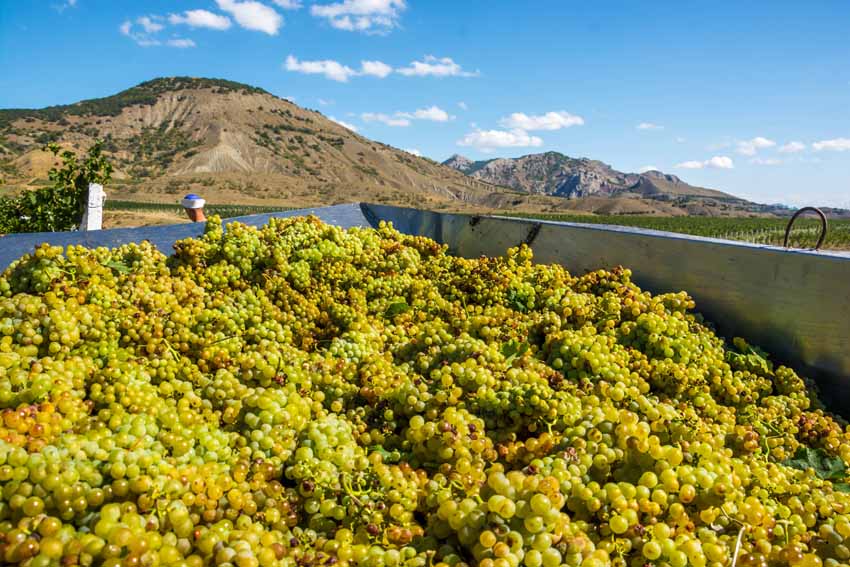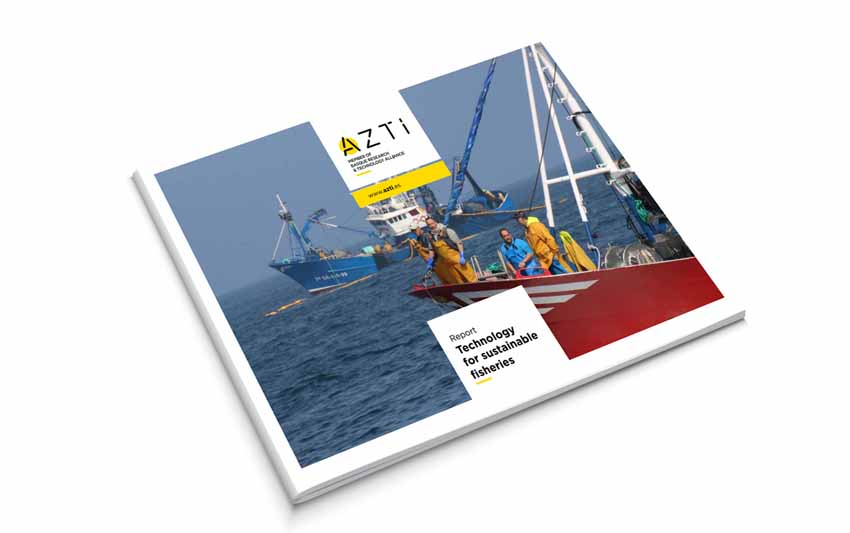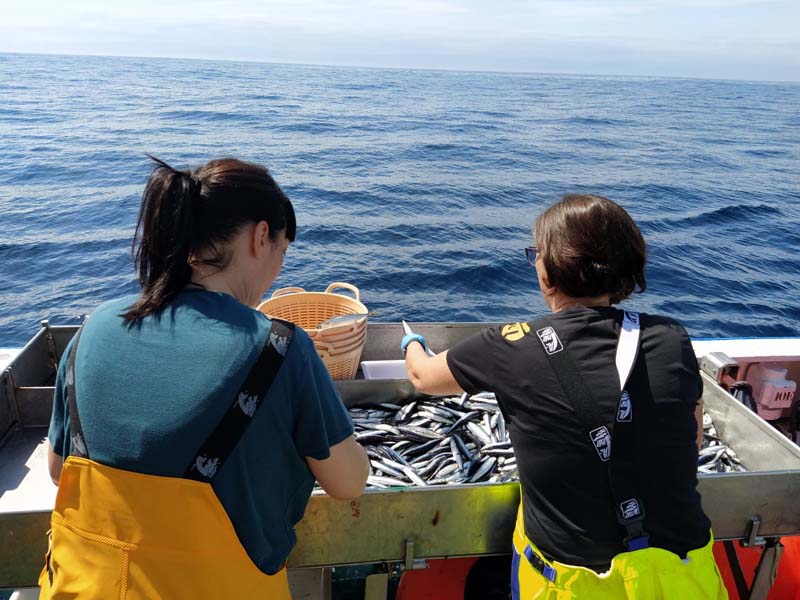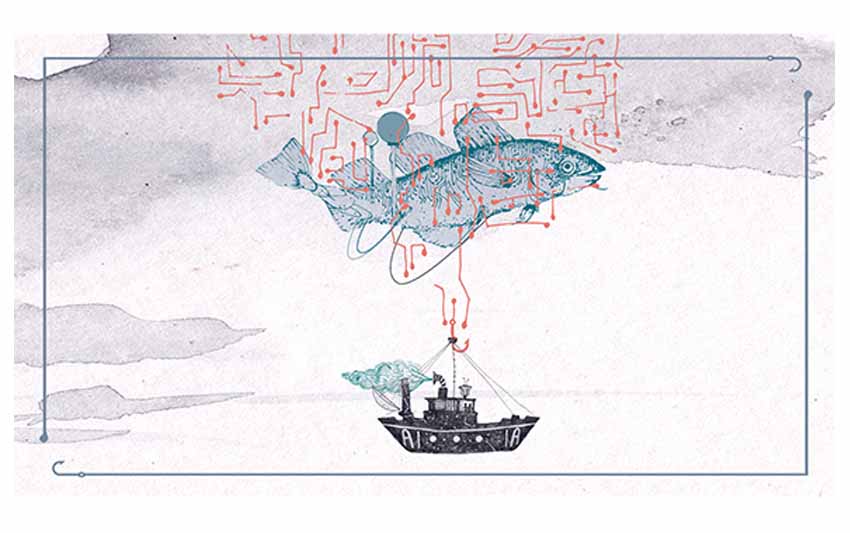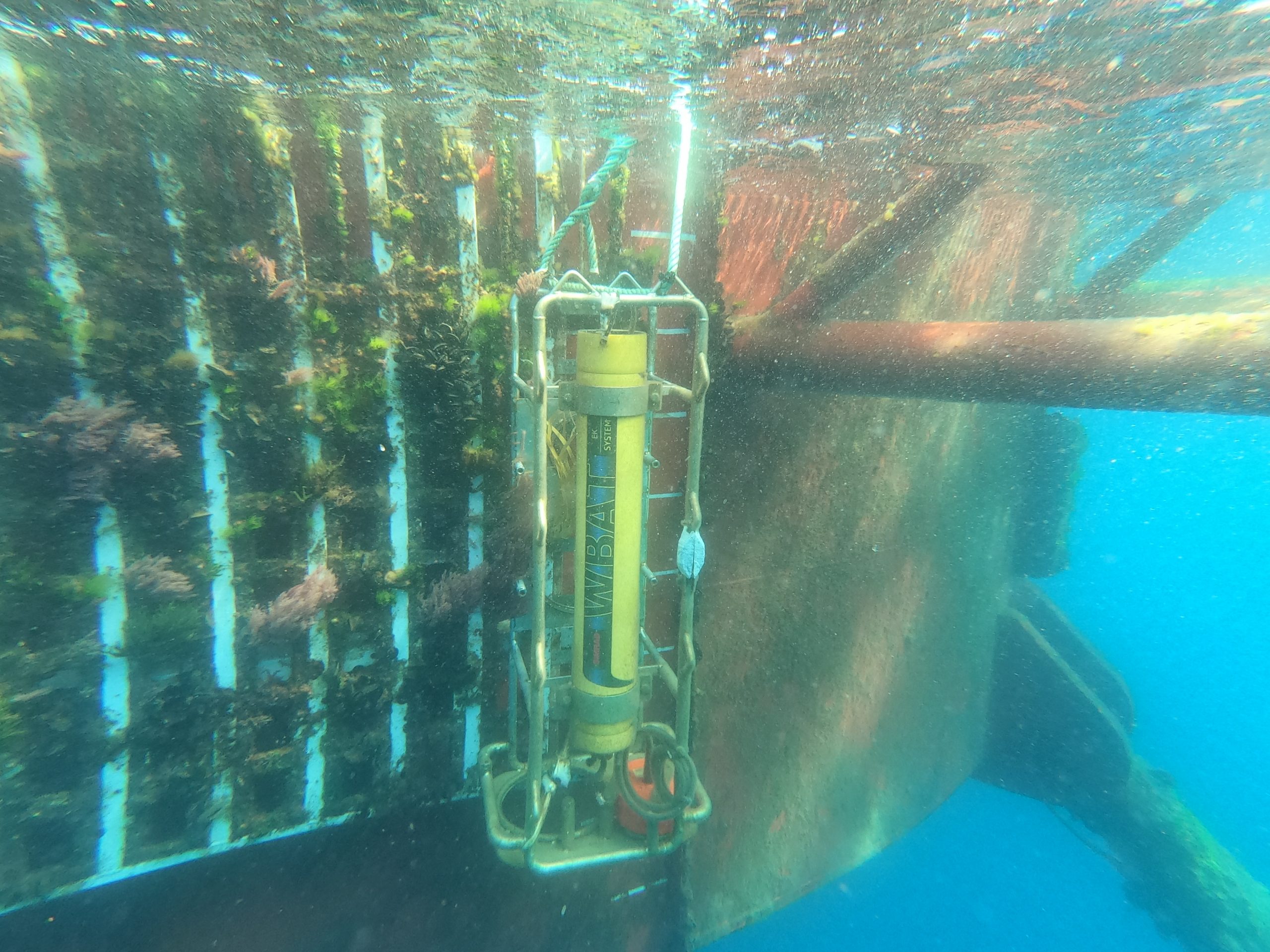The fourth edition of Uhinak will be held in Ficoba on 30 September and 1 October
Últimas noticias
AZTI Researcher Ángel Borja Receives Prestigious Odum Award for International Scientific Career
Una mirada LGTBIQ+ al reino animal
Circular Economy in Action: Valorisation of By-products through Projects like PRIMA NEWFEED
Irun, February 3, 2020. “Working to respond to the climate crisis” is the renewed slogan under which the fourth edition of the Cross-Border Conference on Climate and Coastal Change will be held, bringing together representatives of the scientific and technical community and the Government authorities. An interdisciplinary approach through which this conference seeks to understand the needs of managers in the face of climate change and see what the scientific community can contribute to solving them.
The subject could not be more topical. Countries, regions and cities are declaring a climate crisis. The passing of the “Gloria” storm has recently left a trail of devastation, mainly on the Mediterranean coast. Is it the result of climate change?
Índice de contenidos
A changing reality
Adolfo Uriarte, Value Director of AZTI, the organisation that, together with Ficoba, organises the Uhinak conference, points out that “since 2017, when the conference began, there have been certain changes in the perception of the climate crisis that deserve to be mentioned, but perhaps that which has had the greatest impact has been the declaration of a climate crisis by several governments in different parts of the planet, including the EU, Spanish and Basque governments. A crisis that seeks to activate the political consciences to begin to take action on the existing environmental situation.
The last meeting of COP25 in December 2019, far from being a total failure, as some are claiming, was also a summit of commitments. One of them, which probably concerns us the most within the commitment we have made in Uhinak, is the general recognition given to the role of science. The role of the IPCC (Intergovernmental Panel on Climate Change) has been openly acknowledged and a consensus has been reached that policies should be constantly updated based on the progress of science.
We are working on this, we are working at a local level but each time with a more global vision. We must continue to emphasise the message that we launched in our first session: the cost of doing nothing will be far greater than the cost of taking action to mitigate and adapt to the changes. Let’s use this opportunity. An opportunity that, if well managed, can even become an economic advantage and an improvement in the quality of life for everybody. From our experience will come solutions that will certainly contribute to this.”
Uhinak 2020
With this philosophy that advocates the need to act in the face of the climate crisis, a new edition of Uhinak has been launched. “Save the date” has been launched so that conference participants can make room in their agendas and work has begun on the programme of presentations, which will be structured around four major thematic blocks.
In Block 1: Climate crisis: Our coastline in 2050 will address issues such as the risks from global warming in excess of 1.5°C, the new IPCC report (Intergovernmental Panel of Experts on Climate Change) on oceans and the cryosphere, resilience and impacts on human activities, ecosystems and their services, and biodiversity, palaeoclimatic records and climate scenarios.
Block 2 on extreme events and adaptation measures will focus on extreme swells, storms, tides, floods, epidemics, heat waves, risk management, challenges in assessing the contribution of climate change to extreme events, networks of climate observatories and innovative monitoring instrumentation, effects and damage to beaches, ports, critical infrastructure and urban areas and vulnerability, coastal exposure, adaptation actions and strategies.
Block 3, under the title “Blue carbon and climate change mitigation” will address issues such as the role of carbon captured by oceanic and coastal ecosystems (called blue carbon) in global mitigation, the decarbonisation of the blue economy, the circular economy, economic assessments and climate change mitigation on the coastline.
Lastly, in Block 4 on governance and management tools, experts will discuss integrated coastal area management and marine spatial planning, ecosystem management and nature-based solutions, tools for early warning and decision making, coastal climate action plans and programmes, and communication, awareness and public participation.
4 thematic blocks that will feature a panel of top-level national and international speakers who will share ideas and thoughts during two days in Ficoba in order to devise the right framework for tackling the climate crisis and its effects on the coast from a plural, transversal and multidisciplinary perspective.
About Uhinak
Uhinak, Cross-border Conference on Climatic and Coastal Change promoted by Ficoba and the AZTI technology centre, has the support of a Technical Committee made up of representatives from the Basque Government (Ihobe), the Provincial Council of Gipuzkoa, la Communauté d’agglomération Pays Basque, Adegi, CSIC/ESADE/CEAB, Spanish Office of Climate Change, BC3, EUCC Atlantic Centre, the Association of Civil Engineers of the Basque Country, Naturklima Foundation, IAHR (International Association for Hydro-Environment Engineering and Research), the Observatory for Sustainability-Fundación Cristina-Enea, the Euroregion Nueva Aquitania-Euskadi-Navarra and AZTI.
Uhinak also has the support of multiple institutions such as the Department of Environment, Regional Planning and Basque Government Housing through its public company Ihobe, the Provincial Council of Gipuzkoa (Department of the Environment), Communauté d’agglomération Pays Basque and the Nouvelle Aquitaine Region.
More information at: www.uhinak.com
